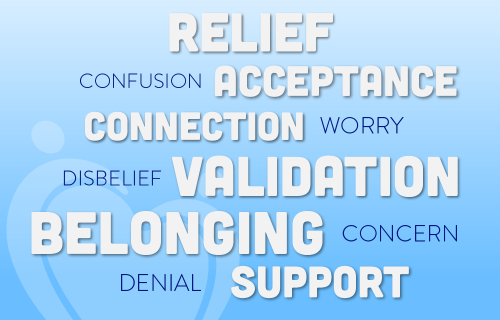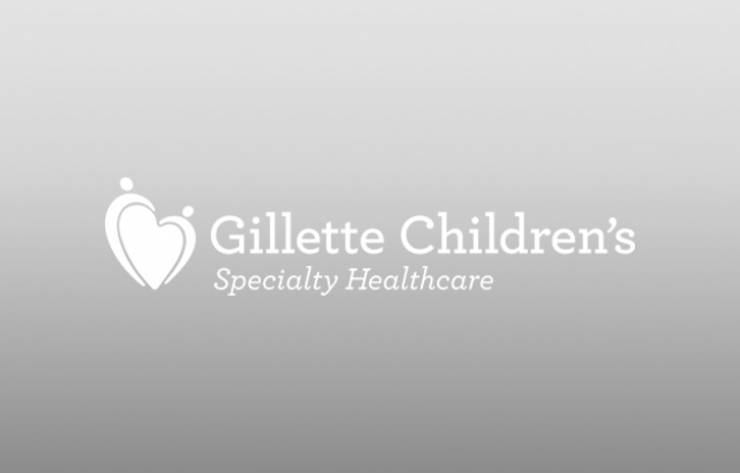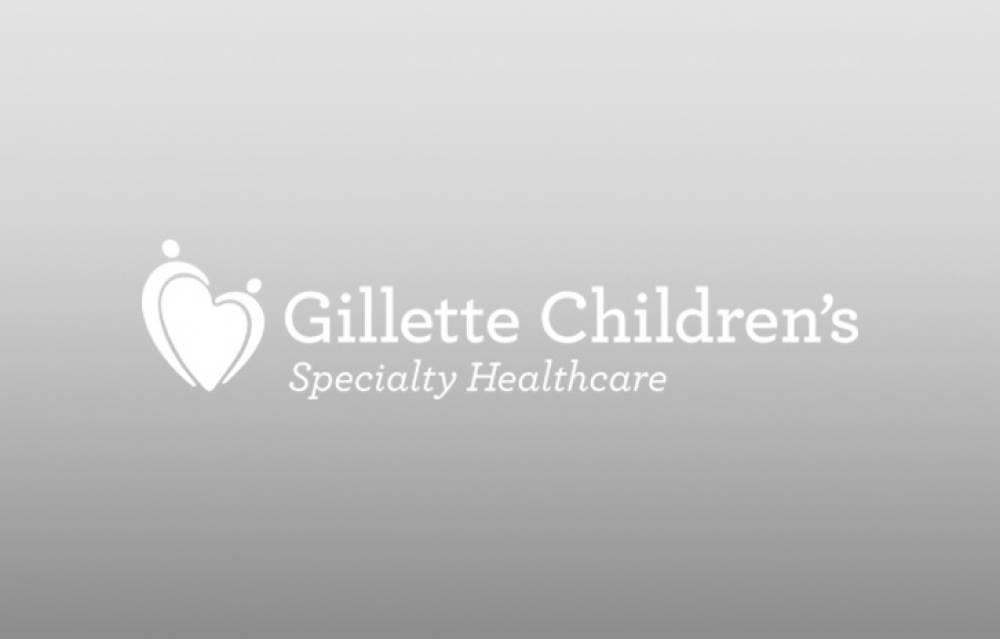-
{care_team_members status="Open|hide from care team page"}
-

{care_team_members:ct_first_name} {care_team_members:ct_last_name}
{care_team_members:ct_full_title}
{/care_team_members}
person:channel_short_name: {person:channel_short_name}
person:
title: {person:title}
-
{links}
{/links}
No category selected to display locations. Locations Dynamic
-
{locations}
- {locations:title} {/locations}
-
{widget}
{widget:widget_content}
- {widget:widget_content:tab_title} {/widget:widget_content} {/widget}

There are few things in life as overwhelming as learning your child has a disability. Accepting this and moving forward is a different process for every parent. We spoke with Gillette neuropsychologist Richard DiPrima, PsyD, and below he offers advice to help families navigate this emotional time.
Of course, every parent reacts differently to learning of a child’s disability, but what are some common reactions and emotions that parents might experience?
Parents often go through feelings of disbelief, shock, anger, confusion, denial or worry, and all are subject to change based upon the given day or situation.
First and foremost, know that however you’re feeling, it’s OK.
You may also experience fear and guilt, sadness and a sense of numbness. This type of distress is perfectly natural, but these feelings often fade in time, giving way to acceptance, validation, relief and a sense of belonging.
This is going to be a process, and processing your feelings is exactly what you should be doing. Allow yourself to feel how you feel.
What is your message to parents who’ve just received this news?
You and your child are not alone. It’s OK when you experience a wide range of reactions. It's also normal for you to want more information, so when you’re ready, seek out answers and a further understanding of your child’s condition.
Remember that your child is a child first. His or her medical condition is secondary. Like all of us, your child may have visible or less visible differences and attributes. It’s what makes us individuals, but we’re all far more alike than it may initially seem.
What advice do you give to parents seeking help?
Stay connected. Surround yourself with supportive family, friends and professionals. Let others in. Talk with loved ones and other parents. Listen and take things one day at a time.
Seek out support from health care providers, national organizations and local groups. We all benefit when we have supportive relationships with one another.
What forms of support does Gillette offer to families?
At Gillette, patients and families come first.
We’re here to help, and it isn’t just about the medicine. Our Child and Family Services team includes social work, chaplaincy, psychology, neuropsychology, therapeutic recreation, music therapy, interpretive services, and child life specialists. We collaborate with physicians and other providers to help patients and their families improve health, achieve greater well-being, and enjoy life.
In other words, we join with families to care for the whole child.
How can parents connect with other parents?
If you’re coming to Gillette for the first time, you might want to connect with other families facing similar circumstances. Or you might want advice from other parents who have experienced Gillette. Take a look through our series of Parent-to-Parent videos, where other parents answer some of our most commonly received questions. You might also want to browse our other online support resources, including Family Voices of Minnesota and some of our Facebook Support Groups.
In the end, whether you are just beginning this journey or somewhere along the way, know that we’re here.



